Meet Mary Camarillo | Author


We had the good fortune of connecting with Mary Camarillo and we’ve shared our conversation below.
Hi Mary, is your business focused on helping the community? If so, how?
I write fiction about Southern California and make no claim that my novels “help the community or the world” but I do believe that reading fiction increases empathy.
If you watch the news or scroll through comments on social media you are well aware that empathy is in decline in these increasingly divided United States, where we all tend to listen to those that we agree with and make assumptions about those people we don’t understand. President Obama noted in a 2006 speech at Northwestern University, that instead of discussing the federal deficit, “we should talk more about our empathy deficit — the ability to put ourselves in someone else’s shoes, to see the world through those who are different from us.”
Scientific American reported in the pandemic days of September of 2020 that, “Americans are experiencing an empathy deficit. People everywhere lack the sense that others care, which makes the medical, economic, political and societal assaults on our fundamental trust in the world even harder to handle.”
Empathy Deficit Disorder (EDD) is a recognized mental health condition. People with EDD tend to focus on their own needs and neglect other people’s emotions, are overly judgmental of others, fail to show appreciation or gratitude, and struggle to understand people from a different cultural, political, or religious background.
Sound familiar?
My new novel “Those People Behind Us” explores this territory. It’s set in the post-Trump, pre-pandemic summer of 2017, in a suburban, coastal neighborhood divided by protests, politics, and escalating housing prices. These divisions change the lives of five neighbors all struggling with financial problems, rebellious teenagers, aging parents, loneliness, and grief, in a neighborhood where no one can agree who belongs. In the end, the characters realize they have more in common than they realized.
The point of the novel is that showing a slight amount of empathy can greatly increase our understanding of whoever it is we refer to as “those people.” I realize that sounds obvious, overly simplified and probably naïve. It feels like the truth though.
So how do we increase empathy? There’s an increasing amount of scientific research that proves reading fiction is a good start. Keith Oatley, a professor emeritus of cognitive psychology at the University of Toronto, and his colleagues published a study in 2006 that drew a strong connection between reading fiction and better performance on widely used empathy and social acumen tests. The National Library of Medicine reported in 2013 that “when people read fiction, and they are emotionally transported into the story, they become more empathic.”
A 2014 study reported in the Journal of Applied Social Psychology showed that elementary school and high school students in Italy and the United Kingdom became more empathic toward immigrants, refugees, and gay and lesbian people after reading Harry Potter. Even back in 1862, when Abraham Lincoln was introduced to “Uncle Tom’s Cabin” author, Harriet Beecher Stowe, he told her she was “the little woman who wrote the book that started this great war”.
As poet laureate Amanda Gorman recently said, “stories are where we access each other’s humanity.” Reading fiction transports us into other people’s minds, worlds, families, and communities and allows us to see and experience lives that are very different from our own. We can understand what it’s like to lose a child, to be in a war, to immigrate to a different country. We see the world through the lens of another person’s perspective and experience.
And maybe we stop referring to people we don’t know or understand as “those people” and instead, recognize them as our neighbors and fellow human beings.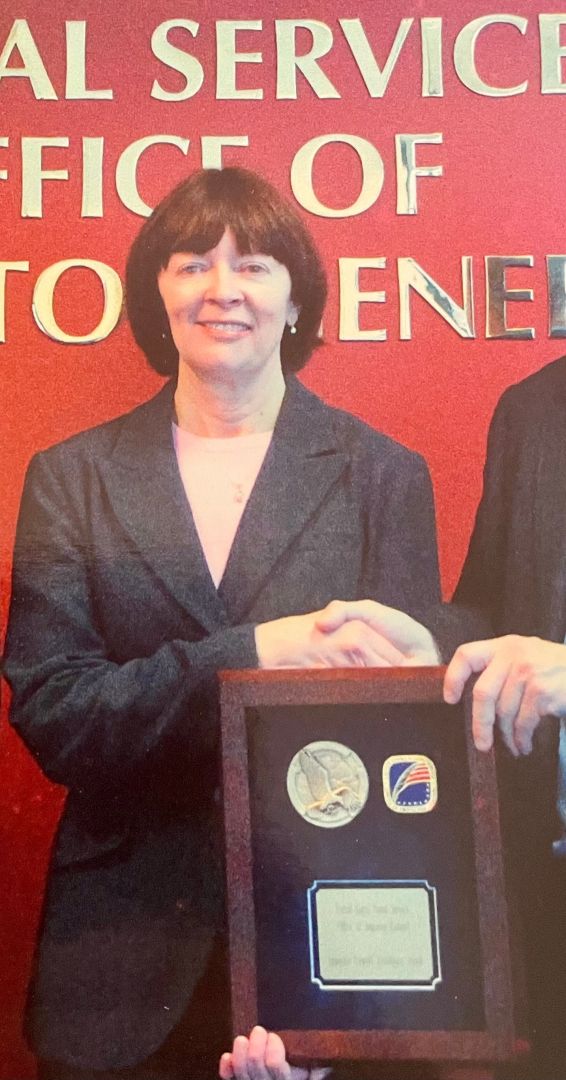
Let’s talk shop? Tell us more about your career, what can you share with our community?
In high school, I wrote poetry, edited the literary magazine, worked on the school newspaper and planned a career in journalism. I was frustrated with the sour attitude of the journalism teacher though, as well as the school-imposed restrictions on what we were allowed to print. I got a few kids together with the idea of starting an alternative newspaper. Some UC Irvine students that belonged to Students for a Democratic Society offered to support our efforts but the principal got wind of our idea and warned me that if the paper came out I’d be expelled. He suggested that since I had enough credits to graduate that I might as well go ahead and do that.
It sounded good to me. I got my diploma and worked in a variety of jobs. When I’d saved enough money, I got my passport (pictured in this interview) and backpacked across Europe alone for three months, then came home and went to work for the post office. I never intended to make a career there but I stayed on for many reasons. The benefits were generous. Five weeks of vacation and ten paid holidays meant I could keep traveling. I made lifelong friends and met my husband. There was a pension too. Douglas Aircraft had just laid off my engineer father right before he was entitled to his pension. I saw value in security.
There are a wide variety of jobs at the post office. Eventually I found my way into the accounting office, went back to school at night, got promoted into management, earned a degree and a CPA license, and finished my career as an audit manager for the Office of Inspector General. I’m including a picture of me in those days in my government auditor suit.
My degree was in business administration, but I’ve been a voracious reader of novels my entire life. Writing and editing all those audit reports weirdly gave me the idea to try my hand at fiction. I noticed similarities. Audit reports concern a problem and are required to identify the cause and effect, as in why did the bad thing happen and who the heck cares?
Good fiction, in my opinion, helps us understand other people and their problems and teaches us to care. Audit reports are required to be truthful of course, but the best fiction also tells the truth, and is a lot more fun to write.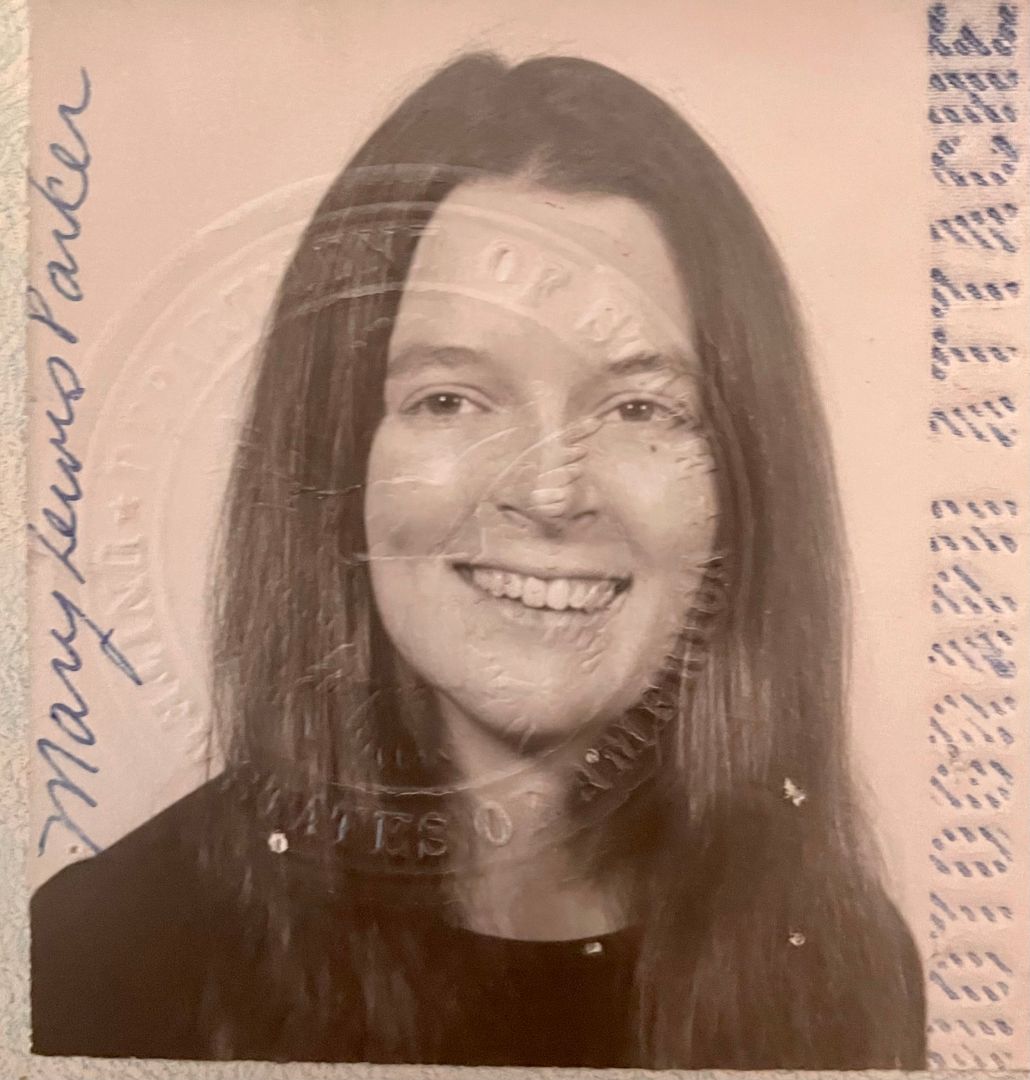
Any places to eat or things to do that you can share with our readers? If they have a friend visiting town, what are some spots they could take them to?
Friday afternoon we’d drive from where I live in Huntington Beach up to Seal Beach, take a walk on the pier, get a coffee at Javatini and browse the antique shops. Then we’d head to Green Cheeks Brewery for a beer and a smashburger, then walk over to the Sunset Lounge where hopefully the 3rd Degree Blues Band would be playing.
Saturday morning, we’d get coffee at the Sweet Elle Café, go for a long walk in the Bolsa Chica Wetlands, then drive to downtown Huntington Beach, watch the surfers, and have lunch at Duke’s restaurant. We’d head over to LibroMobile bookstore in Santa Ana that evening and catch a poetry reading or a book launch, maybe stopping at the food trucks on Bristol for a churro, or in the Food Court next to the bookstore for an ice cream.
Sunday morning, we’d read the LA Times, then go for a walk in Central Park and through the Huntington Beach Central Library. If there’s a concert in the park, we’d take a picnic, if not we’d head either to Beachwood Brewery for some pizza or down to Riip Brewing for a pint and Mexican food at Super Mex.
Monday we’d head over to Costa Mesa and walk through the Noguchi Gardens, check out what’s on at the Orange County Museum of Art, then go to Memphis at the Lab for drinks and gumbo.
Tuesday we’d drive down to Laguna Beach and have lunch at Las Brisas. That night we’d catch a play at South Coast Repertory followed by desert at Vaca.
Four days is plenty for a house guest, even if they are your best friends. Wednesday and Thursday I’d suggest my guests head out to Joshua Tree or Palm Springs. Maybe catch a show at Pioneertown, take the tram up the mountain, or lie by a pool somewhere.
Maybe I’d even go with them.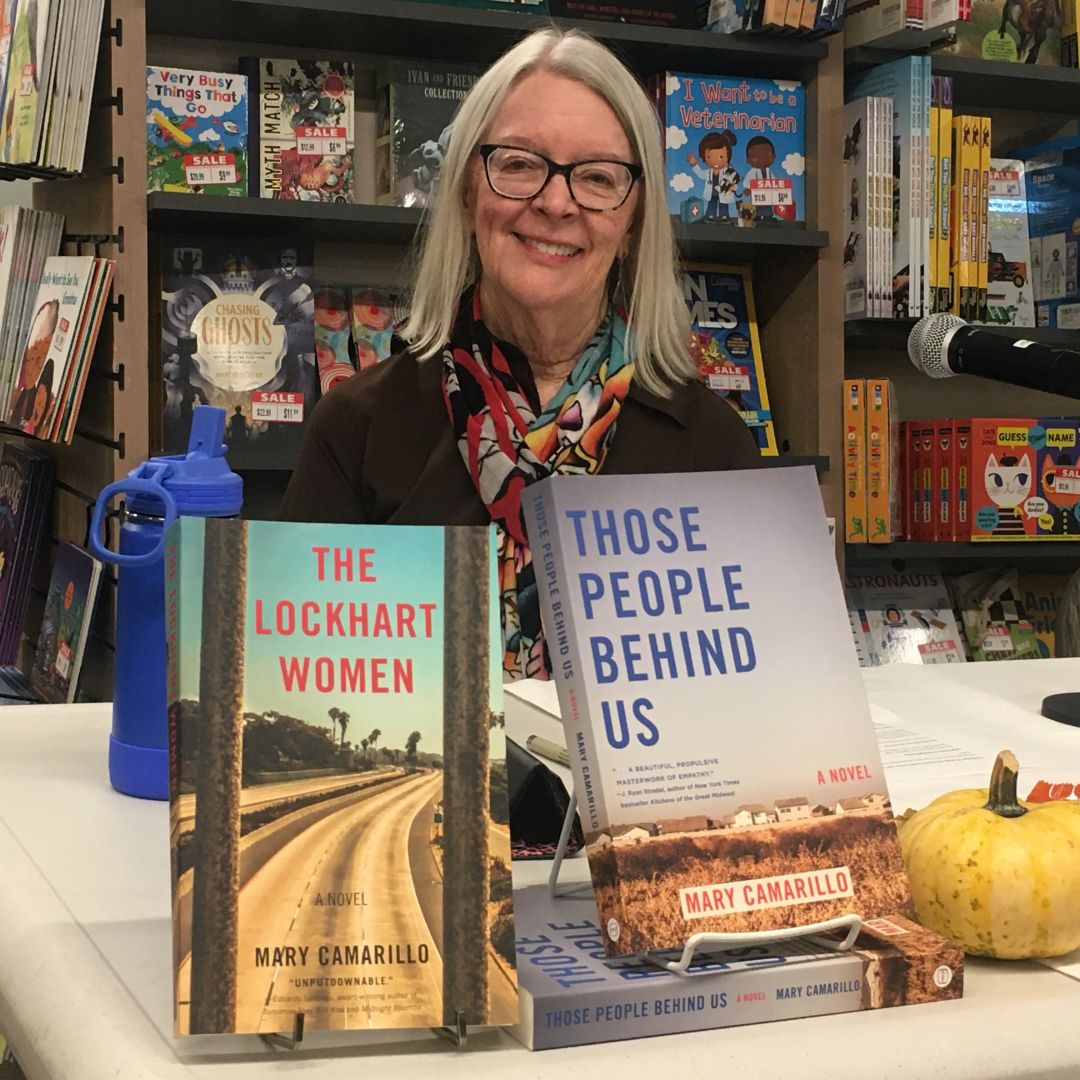
The Shoutout series is all about recognizing that our success and where we are in life is at least somewhat thanks to the efforts, support, mentorship, love and encouragement of others. So is there someone that you want to dedicate your shoutout to?
I’d like to shout out some recent books by authors who have influenced my work. Christian Kiefer, Susan Straight and J. Ryan Stradal.
In Christian Kiefer’s stellar new novel “The Heart of It All,” three families in a failing small town in Ohio during the Trump presidency, are rocked by grief, unbearable loss, and financial worries as they search for home and community across divides that are real and imagined. “Death brings casseroles,” Kiefer writes as the novel begins. Casseroles, pizza, and bowling allow these characters some relief but it’s the kindness laced through the inhabitants of this Ohio town and through Kiefer’s beautiful prose that offers empathy, hope, and healing.
In Susan’s Straight’s latest novel “Mecca,” the central character Johnny Frias is a Highway Patrol officer. A descendant from Spanish colonizers, the Yuma indigenous people, and Mexican settlers, Johnny Frias’s ancestors were living in the Golden State before the border moved north. We see the California roads, highways, and canyons through his eyes. “Mecca” includes multiple narrators who are in some way connected to Johnny, including eighteen-year-old Ximena, who recently entered the United States from Mexico without legal permission, Matelasse, a florist at Conroy’s, and Dante, the teenage son of Johnny’s friends. “Mecca” is a love story to Southern California, recognizing the beauty of the land and its inhabitants as well as the danger and heartbreak of living on stolen land.
J. Ryan Stradal’s latest novel is “Saturday Night at the Lakeside Supper Club.” Stradal’s voice is full of humor and kindness and he writes convincingly from a woman’s point of view. The novel is set in Bear Jaw, Minnesota and tracks three generations of the Miller/Muller/Prager/Stenerud families from 1934 to the present. Stradal examines love, life, and loss and is not afraid to explore darkness. His characters experience tragedy and hardship. They work hard, fall in love, make terrible decisions, feel burdened by family obligations and expectations, and still manage to find hope, friendship, community, and family.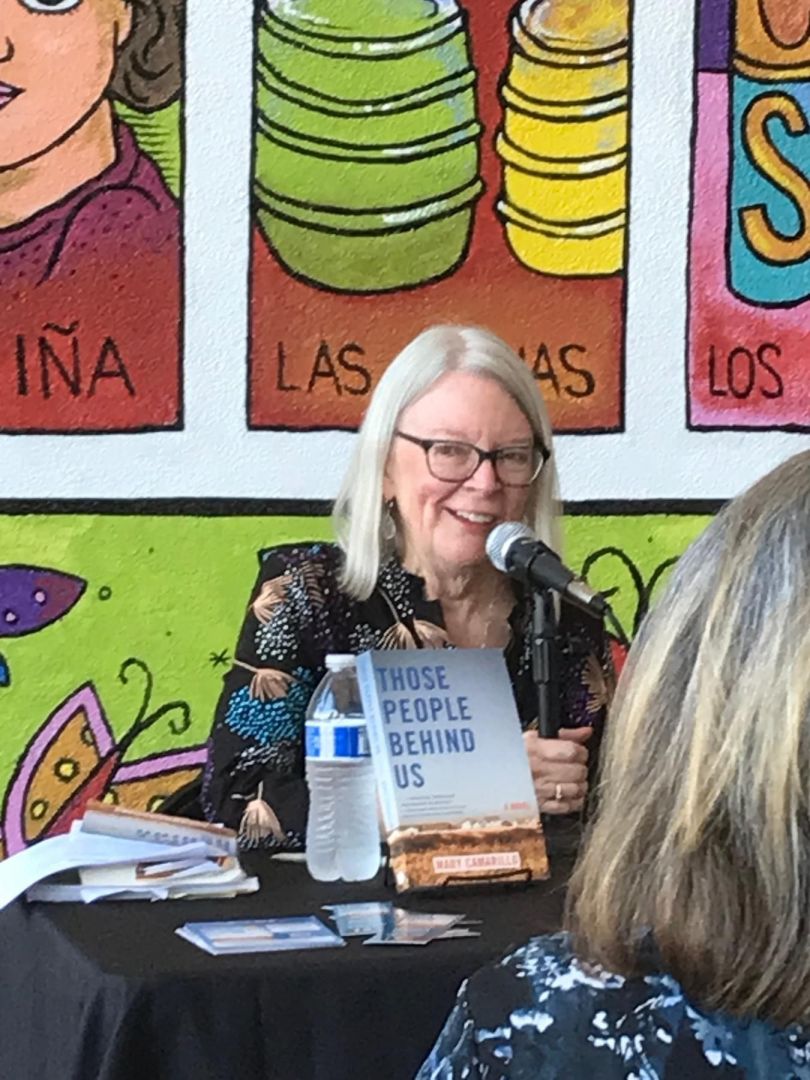
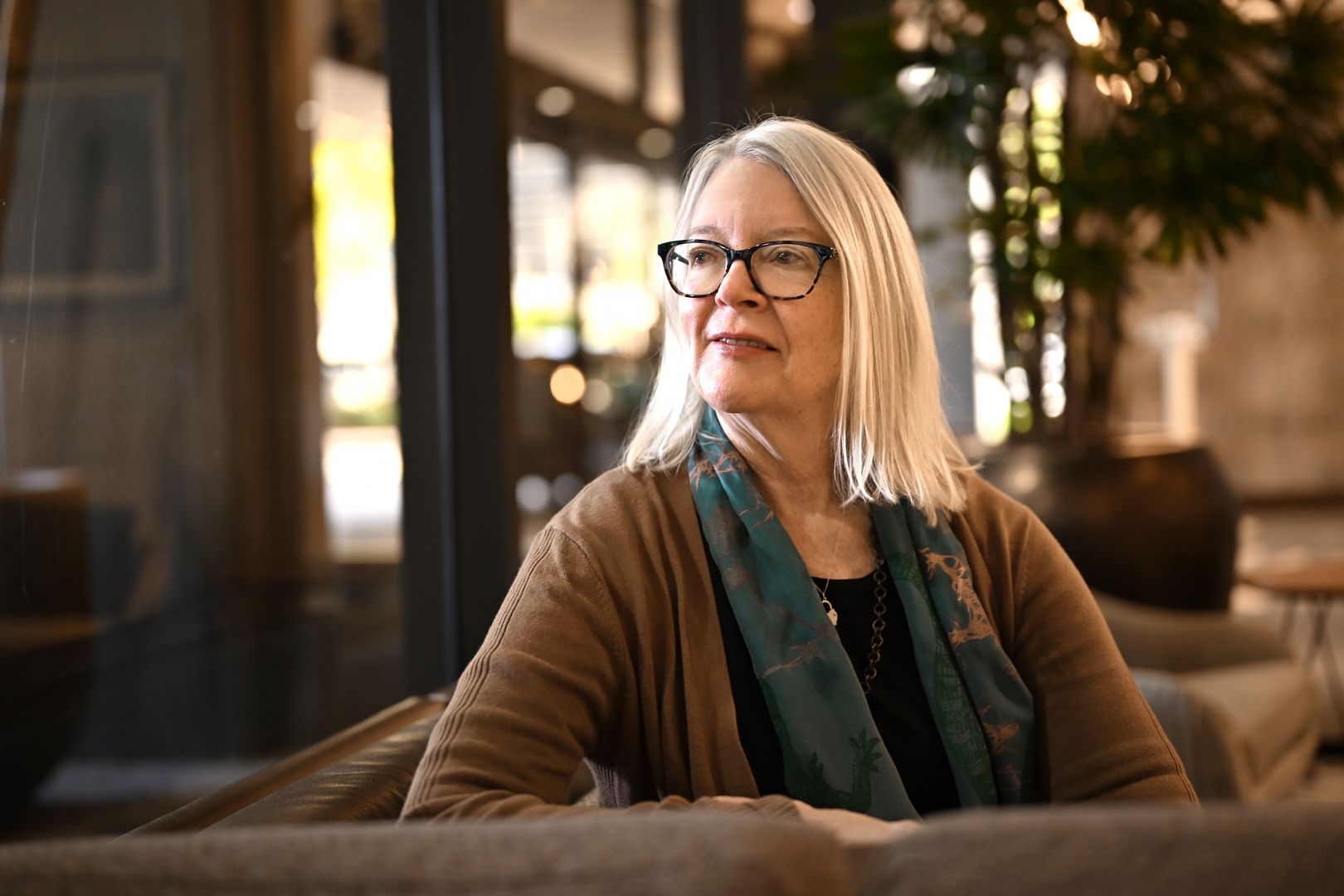
Website: https://marycamarillo.com/
Instagram: https://www.instagram.com/marycamel13/
Facebook: https://www.facebook.com/marypcamarillo
